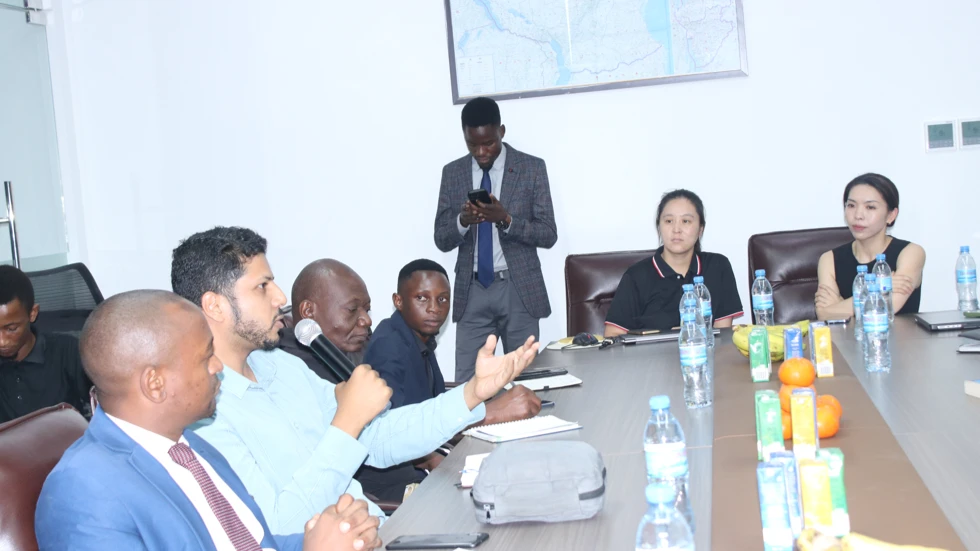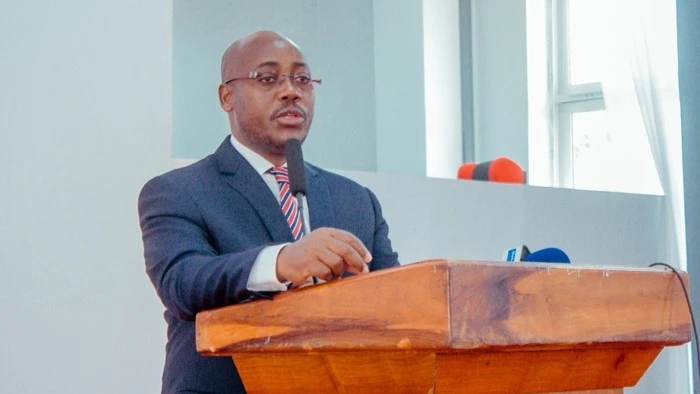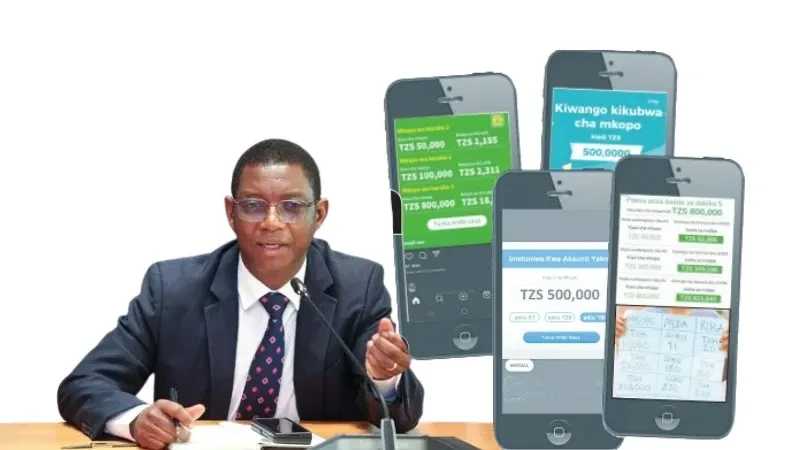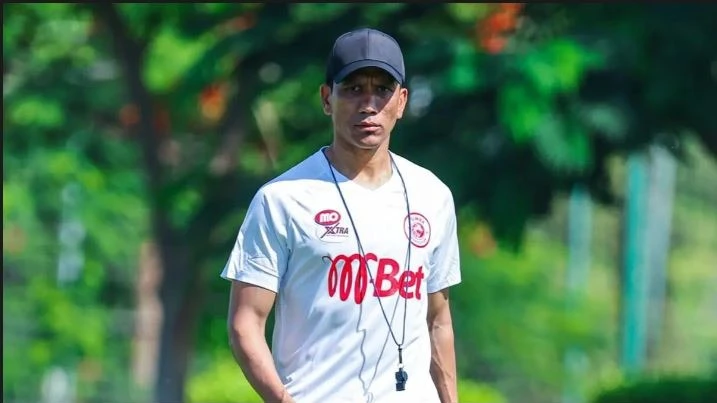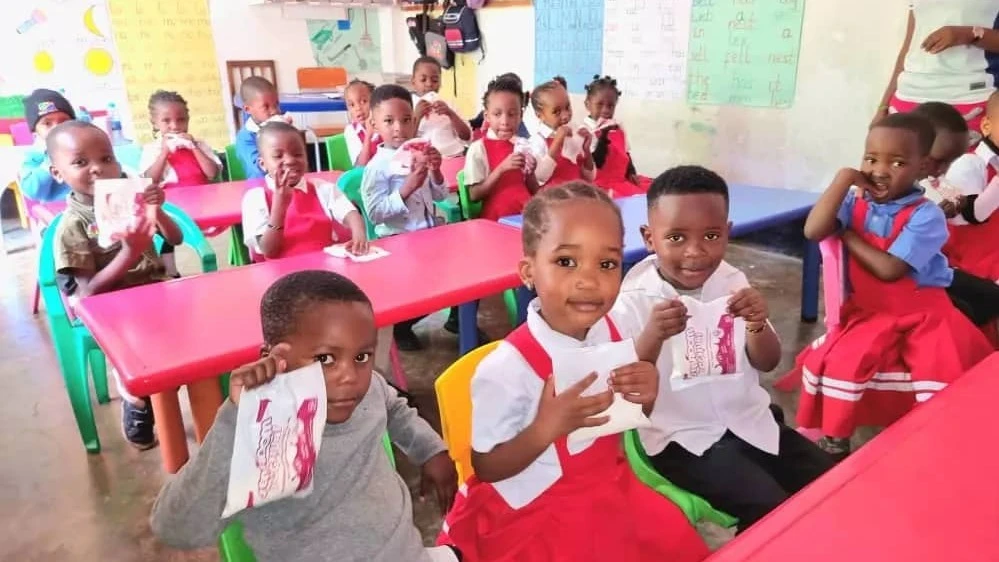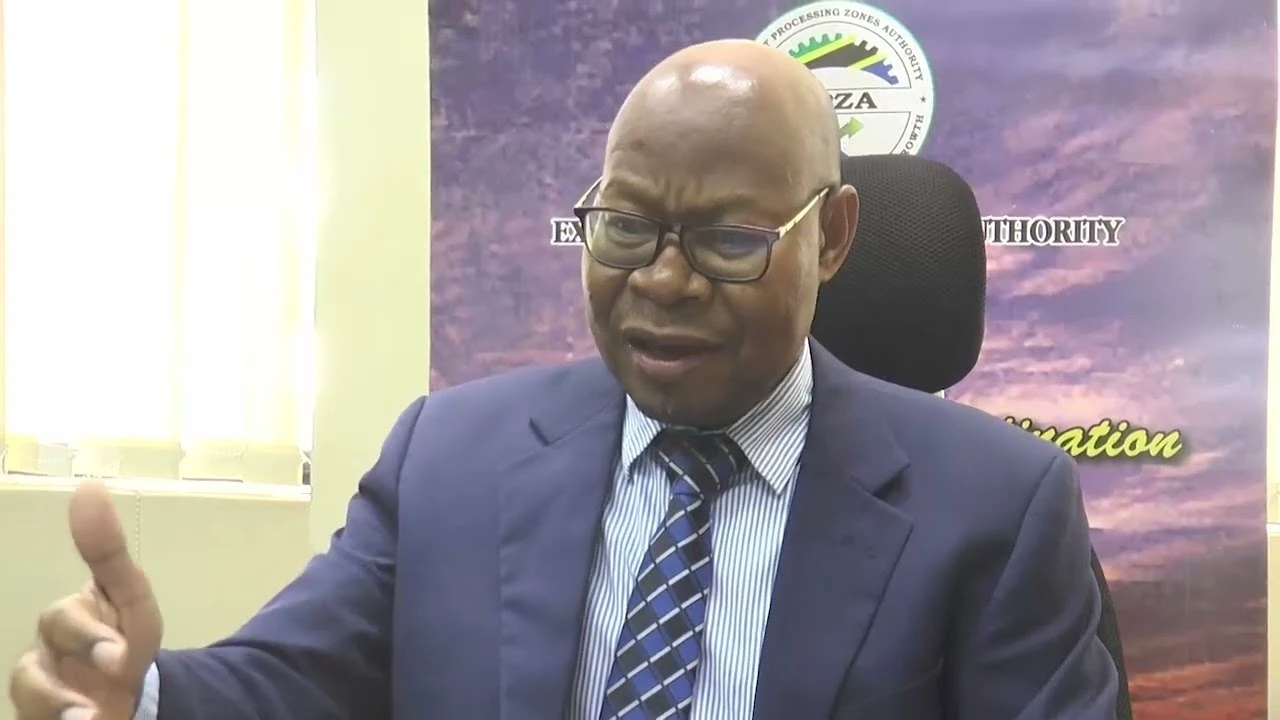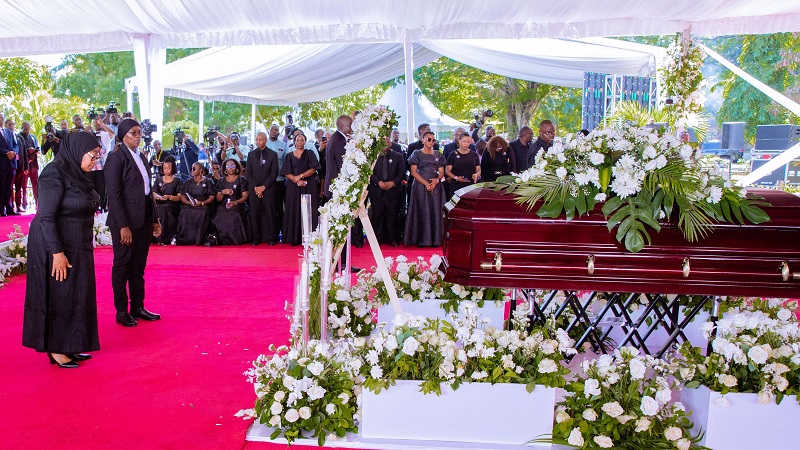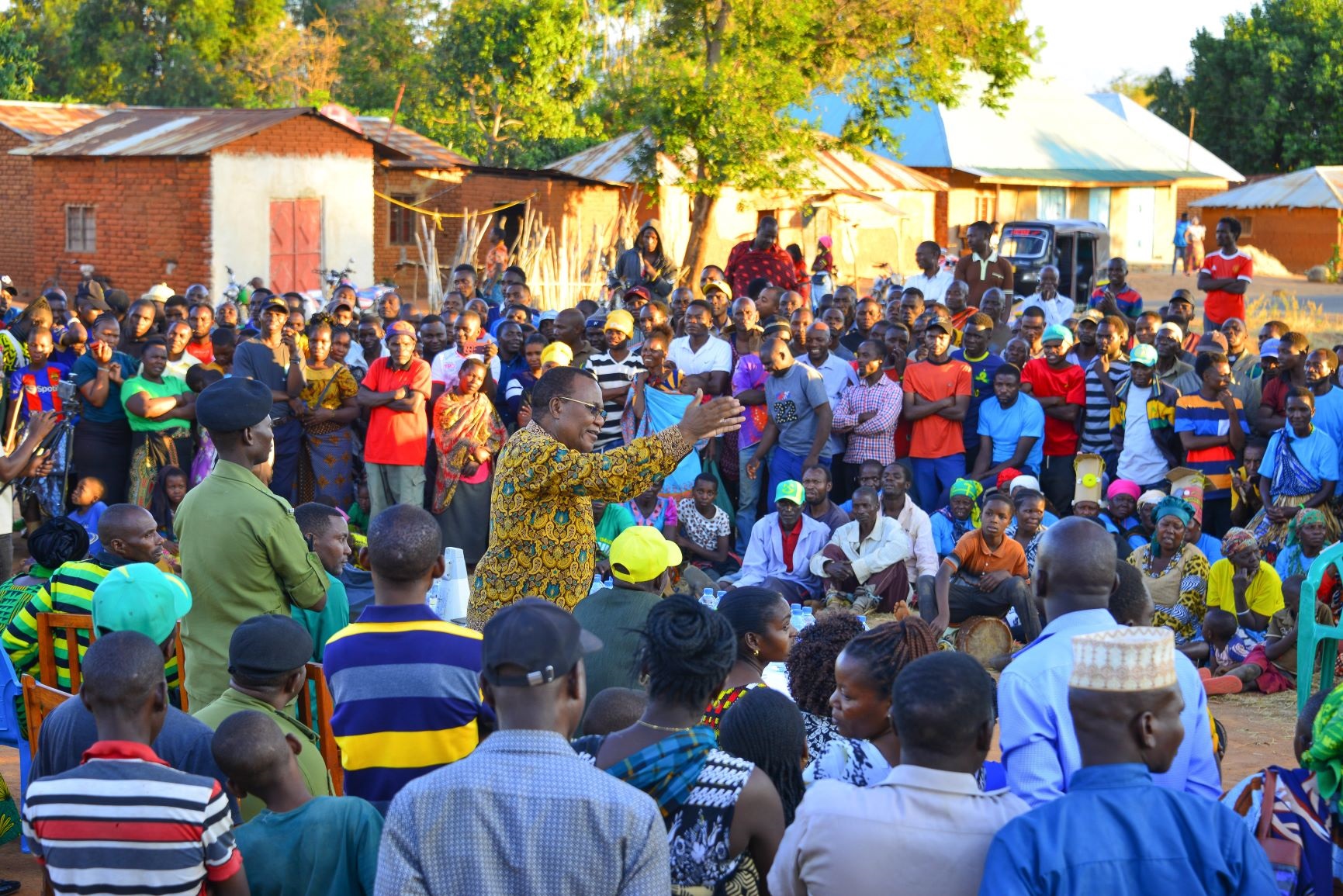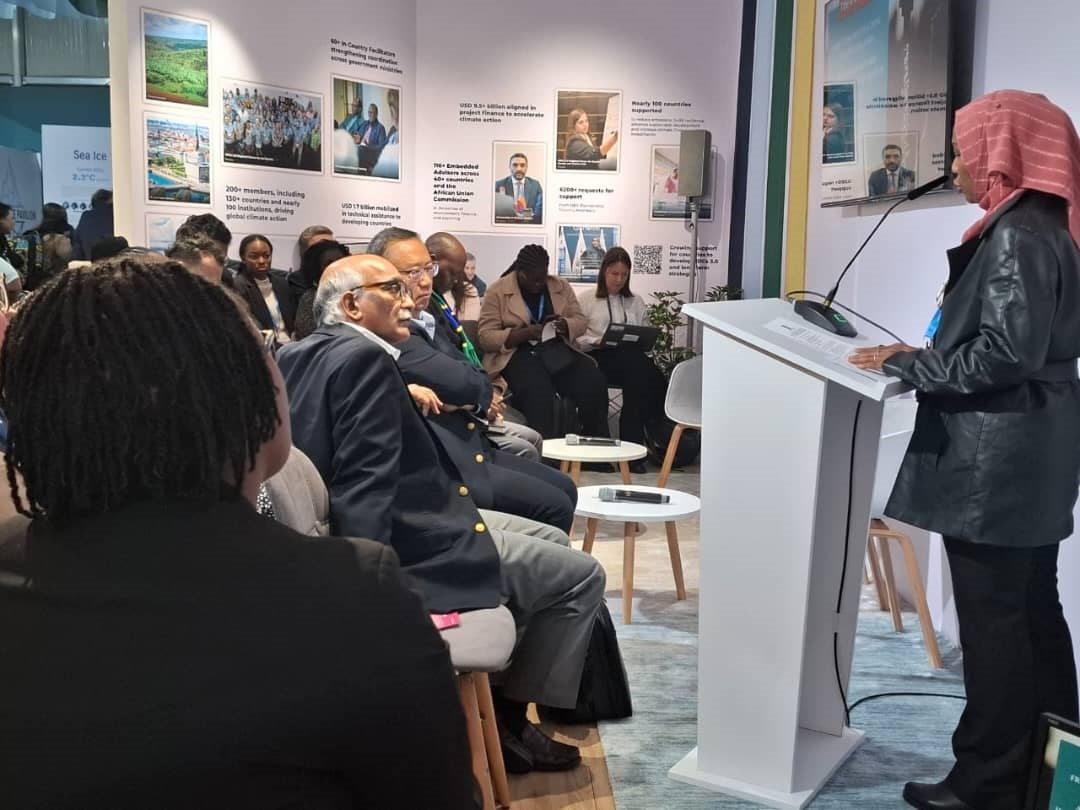EU delivers €2.5m for clean energy access, in 17 districts

THE European Union (EU) has provided €2.5m (7bn/-) to support the clean and safe energy drive, to be used in 17 districts across six regions as a pilot project.
Makfura Evergris, the project coordinator at the country office of the Worldwide Fund for Nature (WWF), said at a training event here yesterday that the initiative will run for three years in selected districts of Mwanza, Tabora, Morogoro, Tanga, Coast, and Dar es Salaam regions.
The project is intended to enhance the capacity of the Tanzania Forest Services (TFS) in improving the value chain for access to clean and safe energy, with the initiative involving capacity building for the agency’s officials.
It also has a component for the provision of vital equipment such as patrol vehicles, communication radios, high speed boats for monitoring charcoal trafficking along the seashore, and pilotless planes (drones) to strengthen observance of forest resource regulations for various stakeholders, she stated.
If successful in the pilot regions the project will be expanded to other regions, she explained at the three-day training session designed to equip forest officers, court administrators, magistrates and local government officials.
The project was designed in the wake of a 2020 study which showed that 63.5 percent of households rely on firewood for cooking, 26 percent use mostly charcoal, and only five percent have adopted natural gas.
The findings underscore the challenge of accessing clean cooking energy, the presenter noted, affirming that the study also indicated that the widespread use of firewood and charcoal has caused significant deforestation.
The 26 percent of the population who routinely use charcoal contribute to forest destruction and environmental degradation in their incessant demand for the product, she stated.
This project addresses disparities in energy access to improve forest management, as it also seeks to improve understanding of forestry policies and regulations. A correct awareness of procedures among forest officers and magistrates handling forestry-related cases is vital, she stated.
The project is also directed at educating communities concerning misconceptions about forest resources, she said, whereas Judge (rtd) Robert Makaramba highlighted the fragmentation of institutions managing forestry and environmental issues, with a view to foster effective communication and progress.
He proposed merging institutions under a single body dedicated to environmental conservation, citing Ghana’s example of an energy commission managing all energy sources, including firewood and charcoal.
He said that penalties requiring offenders to restore damaged environments need to be instituted rather than imprisonment, envisioning a situation where an individual who cuts down a tree could be required to plant 100 trees.
Rajabu Hassan, the Legal and Environmental Action Team (LEAT) training coordinator, noted that LEAT is implementing a project on integrated strategies for improving forestry energy management.
The project is meant to strengthen enforcement of forestry resource laws, where the activist group is collaborating with the Judicial Administration Institute to develop curricula for colleges on investigating forestry crimes, he added.
Top Headlines
© 2024 IPPMEDIA.COM. ALL RIGHTS RESERVED








